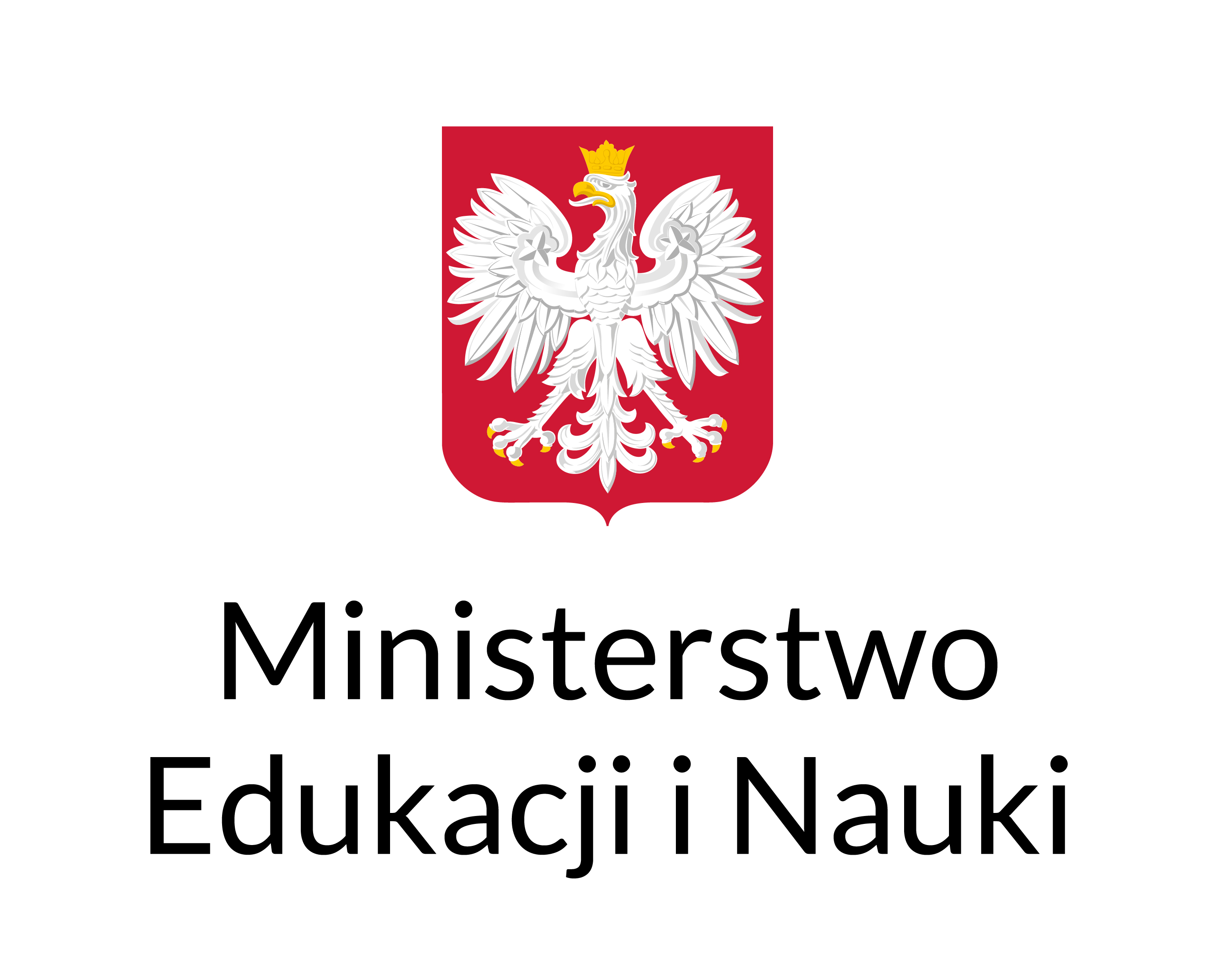Dialogue between the Slovenian Highest Courts and the Court of Justice of the European Union
Abstract
The relationship between European Union (EU) law and national Slovenian law progressed across three different stages starting from the beginning of this century to date, as discussed by EU and Slovenian legal theorists. The first one, just before Slovenia’s entry into the EU, considered the EU an international organisation and EU law a type of public international law. It was dismissed even before Slovenia joined the EU, with an amendment to the Constitution, and was succeeded by the second, supranationalist, view that required maximum restraint by national courts while dealing with EU issues. Finally, about a decade ago, the third pluralist view of EU law vis-à-vis national law emerged, calling the particularly highest national courts to enter a more critical dialogue with the Court of Justice of the European Union (CJEU). Although Slovenian theorists have been actively discussing the relationship between EU and national law before and immediately after Slovenia joined the EU, it seems that practising lawyers and judges needed time to adapt to the new law. Finally, in 2009, the first reference for a preliminary ruling was made by Slovenian courts. Soon after, the Slovenian Supreme Court made its first preliminary ruling reference and, in nearly 20 years since, proved itself to be the most frequent interlocutor with the CJEU from Slovenia. It regularly cites CJEU cases in its case laws, and demands that lower courts follow them wherever appropriate. From the highest national courts in Slovenia, the Constitutional Court joined the dialogue with the CJEU last. It has made four preliminary ruling references to the CJEU and demonstrated restraint vis-à-vis reviewing legal issues touching upon EU law. The legal culture (including public opinion) in Slovenia has predominantly been pro-EU. This applies to the internal legal culture, namely lawyers who support liberal democratic values such as the rule of law, human rights, and democracy. As long as the EU remains dedicated to these values, in such an environment, the highest Slovenian courts are not expected to show a bolder attitude vis-à-vis CJEU case law
References
Accetto, M. (2010a) ‘Slovenska nadrejenost v pravu EU (1): V iskanju pravnih virov’ Ius-Info [Online]. Available at: https://www.iusinfo.si/medijsko-sredisce/kolumne/50858 (Accessed: 26 June 2023).
Accetto, M. (2010b) ‘Slovenska nadrejenost v pravu EU (2): Sodstvo kot neprebojni jopič slovenske zakonodaje?’ Ius-Info [Online]. Available at: https://www.insolvinfo.si/medijsko-sredisce/dnevni-izbor/51159 (Accessed: 26 June 2023).
Avbelj, M. (2020a) ‘Revolucionarno dogajanje v Evropski uniji’ Ius-Info [Online]. Available at: https://www.iusinfo.si/medijsko-sredisce/kolumne/265026 (Accessed: 26 June 2023).
Avbelj, M. (2020b) ‘Slovenija pred Sodiščem Evropske unije’ Ius-Info [Online]. Available at: https://www.iusinfo.si/medijsko-sredisce/kolumne/276609 (Accessed: 12 September 2023).
Avbelj, M. (2011) ‘Supremacy or Primacy of EU Law – (Why) Does it matter?’, European Law Journal, 17(6), pp. 744–¬763; https://doi.org/10.1111/j.1468-0386.2011.00560.x
Avbelj, M. (ed.) (2019) Komentar Ustave Republike Slovenije. Ljubljana: Nova univerza, Evropska pravna fakulteta.
Avbelj, M., Komarek, J. (eds.) (2012) Constitutional Pluralism in the EU and beyond. Studies of the Oxford Institute of European and Comparative Law. Portland: Hart Enterprises.
Avbelj, M., Letnar Černič, J. (2020) The Impact of European Institutions on the Rule of Law and Democracy. Oxford, Hart Publishing; https://doi.org/10.5040/9781509915071.
Barber, N. W. (2006) ‘Legal Pluralism and the European Union’, European Law Journal, 12(3), pp. 306¬–329; ttps://doi.org/10.1111/j.1468-0386.2006.00319.x.
Cerar, M. (2011) ‘Komentar 3.a člena Ustave Republike Slovenije’ in Šturm, L. (ed.) Komentar Ustave Republike Slovenije. Ljubljana: Fakulteta za državne in evropske študije, pp. 73–84.
Crumbly, C. C. (1995) ‘Heterarchy and the Analysis of Complex Societies’, Archeological Papers of the American Anthropological Association, 6(1), pp. 1–5; https://doi.org/10.1525/ap3a.1995.6.1.1.
Davis, G., Avbelj, M. (eds.) (2018) Research Handbook on Legal Pluralism and EU Law. Edward Elgar Publishing; https://doi.org/10.4337/9781786433091.
Galič, A. (2013) Razmerje med Uredbo Bruselj II in Haaško konvencijo o ugrabitvi otrok (e-gradivo). Ljubljana. Ministrstvo za pravosodje.
Halberstam, D. (2012) ‘Constitutional Heterarchy: The Centrality of Conflict in the European Union and the United States’ in Dunoff, J. L., Trachtman, J. P. (eds.) Ruling the World? Constitutionalism, International Law, and Global Governance. Cambridge: Cambridge University Press, pp. 1–34.
Hudej, N. (2014) ‘Vrhovno sodišče RS pravu EU priznalo polno učinkovitost: zadeva Pelati’, Pravna praksa, 33(1), pp. 6–8.
Jacobsohn, G. J. (2010) Constitutional Identity. Cambridge: Harvard University Press; https://doi.org/10.4159/9780674059399.
Jakab, A., Kochenov, D. (eds.) (2017) The Enforcement of EU Law and Values: Ensuring Member States’ Compliance. Oxford: Oxford University Press; https://doi.org/10.1093/acprof:oso/9780198746560.001.0001.
Krisch, N. (2012) Beyond Constitutionalism: The Pluralist Structure of Postnational Law. Oxford: Oxford University Press.
Lubinič, M. (2021) ‘Odločitve Vrhovnega sodišča RS v zvezi s sodbami Sodišča EU o vprašanjih za predhodno odločanje v delovnih sporih’, Delavci in delodajalci, 21(2/3), pp. 341–360.
Novak, M. (2021) ‘Argumentacija sodišča Evropske unije kot zgled za argumentacijo slovenskih sodišč’, Dignitas, 2021/89–90, pp. 63–88.
Novak, M. (2023) ‘Central European with a Post-Socialist Limp: On the Slovene Legal Identity’, Public Governance, Administration and Finances Law Review, 8(1), pp. 121–137; https://doi.org/10.53116/pgaflr.6811.
Sever, S. (2009) ‘Prva obravnava v slovenščini’, Pravna praksa 2009/47, p. 25.
Sever, S. (2011a) ‘Predlog za predhodno odločanje: zadeva Pelati’, Pravna praksa 2011/3, pp. 25–26.
Sever, S. (2011b) ‘Četrti slovenski predlog za predhodno odločanje’, Pravna praksa (45), p. 27.
Sever, S. (2015) ‘Prvih pet let dialoga med slovenskimi sodišči in sodiščem EU’, Pravna praksa 2015/2, p. 3.
Sever, S. (2023) ‘Priložnost za poglobitev dialoga med slovenskimi sodišči in Sodiščem EU’, Pravna praksa, 2023/6–7, p. 1¬2.
Walker, N. (2002) ‘The Idea of Constitutional Pluralism’, Modern Law Review, 65(3), pp. 317–359; https://doi.org/10.1111/1468-2230.00383.
Walker, N. (2016) ‘Constitutional Pluralism Revisited’, European Law Journal, 22(3) pp. 333–355; https://doi.org/10.1111/eulj.12177.
Zbornik Dnevi javnega prava (2003) Ljubljana: Inštitut za javno upravo pri Pravni fakulteti, Pravna fakulteta Univerze v Ljubljani.
Zbornik Dnevi slovenskih pravnikov (2003) Podjetje in delo. (29), pp. 6–7.
Copyright (c) 2023 Central European Academic Publishing

This work is licensed under a Creative Commons Attribution-NoDerivatives 4.0 International License.












